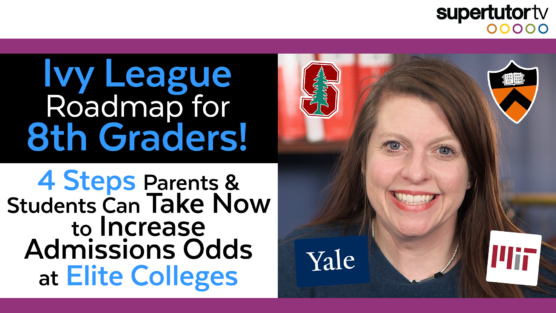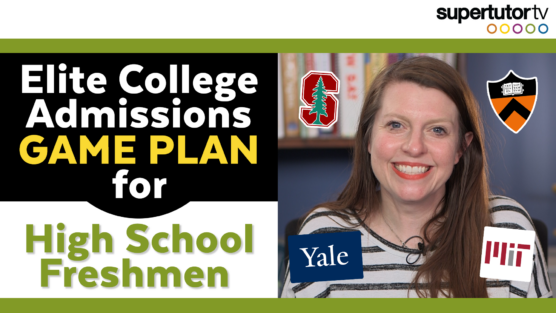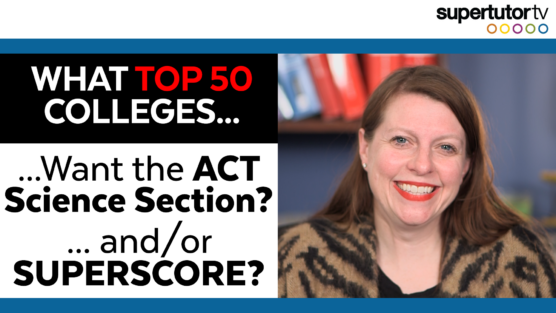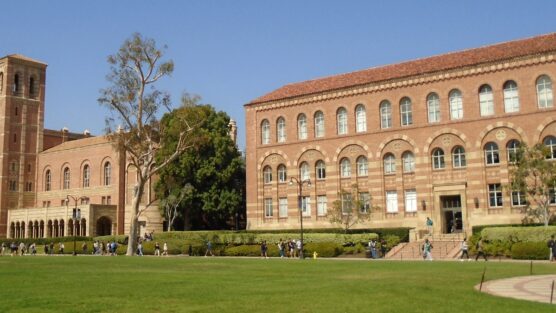Are you a high school student wondering how you’ll choose your college major? If so, we’re here to help. Brooke spoke with Lisa Marker-Robbins of Flourish Coaching, who has helped over 3,500 high school students choose their college major and future career.
Why is it important for high school students to be able to choose a college major?
Marker-Robbins: Well, for a myriad of reasons, but let’s start with the fact that the average kid changes their major three times while they’re in college, and oftentimes that’s gonna extend their time in college. The average student that starts college doesn’t have a degree by the time four years are over. The average college graduation rate is 41% have a degree four years after they started. That 5th year of college gets really expensive. Merit scholarships are gone. They’ve got that loss of future income. So cost is one reason.
But… if you don’t have a budget, so, some of the people listening are probably like, “Well that’s no big deal. It’ll be fun to stay in college longer. We’re not on a budget for college.” However, you can really limit or eliminate options of college majors for some majors at some schools when you don’t go in decided on your path. So, you don’t want to get into college, do all the experimenting… and then discover that you want a particular major, and then perhaps that major is not open for internal or external transfer at a later date. So you’ve now closed an avenue of what you want to do. I think it’s better to go in, and make informed choices on the college by starting out with, well, what career is it, what college major is it that I’m aimed at.
When’s a good time for high school students to start thinking about their college majors?
Marker-Robbins: If I had my utopian world, which I’ve decided is not ever going to happen, it would be in the second semester of sophomore year. Now, not every student is ready to have such future-oriented conversations at that time, but I feel like when students start in that sophomore year… Not under the gun time-wise to rush through the process of trying to get clarity, and they can just be more relaxed about it overall. It’s better for the whole family, frankly. Now, with that said, I find that a lot of juniors can benefit. And then there are those seniors who get into applications, and the colleges say “To what major are you applying,” and “What’s your second choice major?” [Those seniors] hit panic, and go “I don’t know, and I gotta do the work now.”
How do you help students figure out this process? What are the steps?
Marker-Robbins: we have a three pillar process. Pillar 1 is to know yourself deeply. That’s going to include stuff like getting really honest with yourself and your academic profile, understanding what your behavioral strengths are, your key motivations, and your values. Pillar 2: know careers. That starts with looking at where you as a person align with the careers, and researching deeply those careers, and then curating experiences around those careers. And you can rule them in or rule them out.
Once you’ve done that with a number of careers, you’ve found where you align. Sometimes students get ready to apply to college and they’re down to two or three, but at least we’ve funneled it down greatly. And sometimes they’re down to one! At that point you can Pillar 3: know your path by going out and building a list of colleges that can get you to that goal career. And that’s a key component of building a really good college list.
Where can students turn to to help learn more about themselves? What is that process?
Marker-Robbins: So I do use a personality test. I love the Birkman Method. That’s the personality test that I use inside my program, watch “College & Career Clarity.” But anything that helps give you insight. You know, I love quizzes. We’ve created a values board as a fun, interactive drag-and-drop feature. Having conversations. You know, I have a weekly newsletter, and I drop in a conversation cue for families to use during their college planning time. Just talking to others. Other students, your parents, teachers. So, a lot of it can become just through talking about, “What are my values? What are my aspirations? What’s my vision for the future?” And those are kinda the things that fall into that bucket of “know yourself.”
Once you know yourself, how do students start figuring out what career that self matches to? How do they explore careers? What are some good resources students can turn to?
Marker-Robbins: So, for one, the Birkman actually gives them a list that their personality aligns with adults that are already in a specific career. And they’re saying, “you look a lot like the people who love these careers, and nothing like the people who love these careers.” So that’s where we start. But if they just wanna go find out more about careers, I love the Bureau of Labor and Statistics website, bls.gov, they have an occupational outlook handbook that profiles hundreds of careers with videos, more information, links to offsite resources such as professional organizations. Just for the exploration piece alone, that’s an absolutely fantastic website.
Even college close-up visits, so, not the typical visit, but go over to the college of health and sciences and do a close-up on the majors they have and ask lots of great questions. Professional organizations for particular fields, those are some of the top ones that we look at. As far as finding that alignment, what I help students do is really come across informational questions that they would ask to vet whether a career aligns with who they are, where they’re headed, their motivations and values, those things.
So, it’s not an easy one-and-done. We spend a lot of time planning vacations, buying our next car as a family, and this is a much bigger investment. You know, students only go to school 16,000 hours, kindergarten through 12th grade. That seems like a lot until you discover that the average adult will work 90,000 hours in their careers. So this deserves time attention. It’s not going to be quick, but those are some of the resources we use to help students along the way.
Do you ever find students that are passionate about something they want to pursue academically, but maybe that’s not the end game for that? Is there any space for that?
Marker-Robbins: There is. I think that’s why they really need to be thinking about the careers they’re aiming for. You know, the long term goal of getting a college degree, or even a graduate degree, is that career. It’s not just about the fun experience, or the passions. I think our passions can be embraced in many different areas of our life, not always a college degree or a career.
So, having that goal in mind, what’s cool about law school is if you know that you’re wired to practice law, you can get any degree and go on to law school. But you’ve got to know the career deeply, and know if that career aligns with you to know if that’s a path. If you want to be an engineer, a teacher, a nurse, architect, you’ve got to get the degree that aligns with the career… College majors sometimes require us to take classes we’ll actually never use in the career. So that’s why I think it’s key that we’re doing career investigation, and then backing up into the college major instead of starting with looking at college majors. You know, a nurse does a lot with sciences, but is she really doing a lot of science on a daily basis? No.
So I think what you’re saying is that whereas maybe a lot of people think of the process as what do I need to do right now… And the order a lot people approach it is finding the college, then picking the major, and then picking the job. But your point is that’s maybe not the best way to do this?
Marker-Robbins: Yes, it’s absolutely not the best way to do it. And that’s a hill I die on. So it’s career, back to major, back to college.
You can find more of Lisa on her website Flourish Coaching and her podcast, “College & Career Clarity.”




